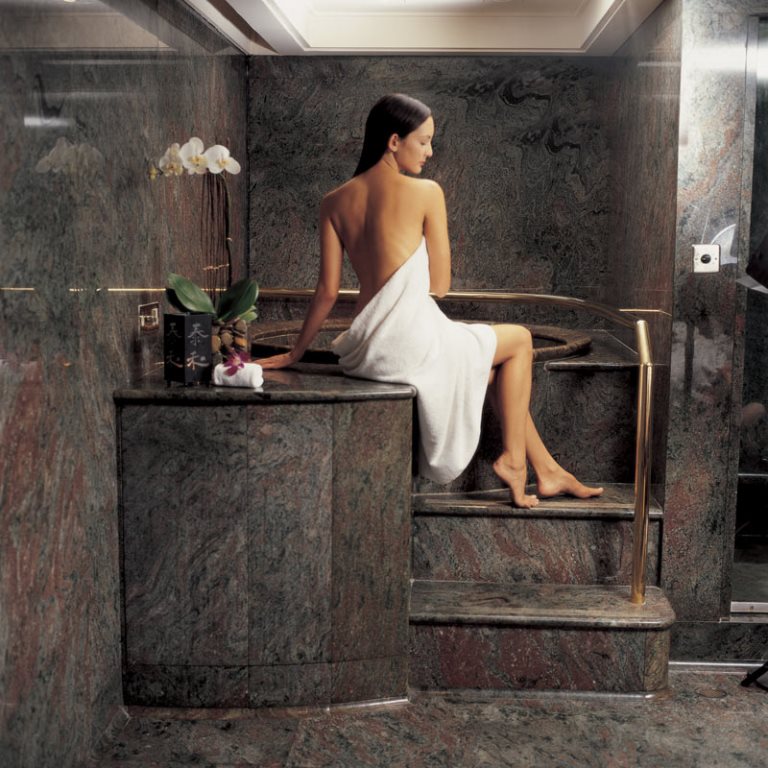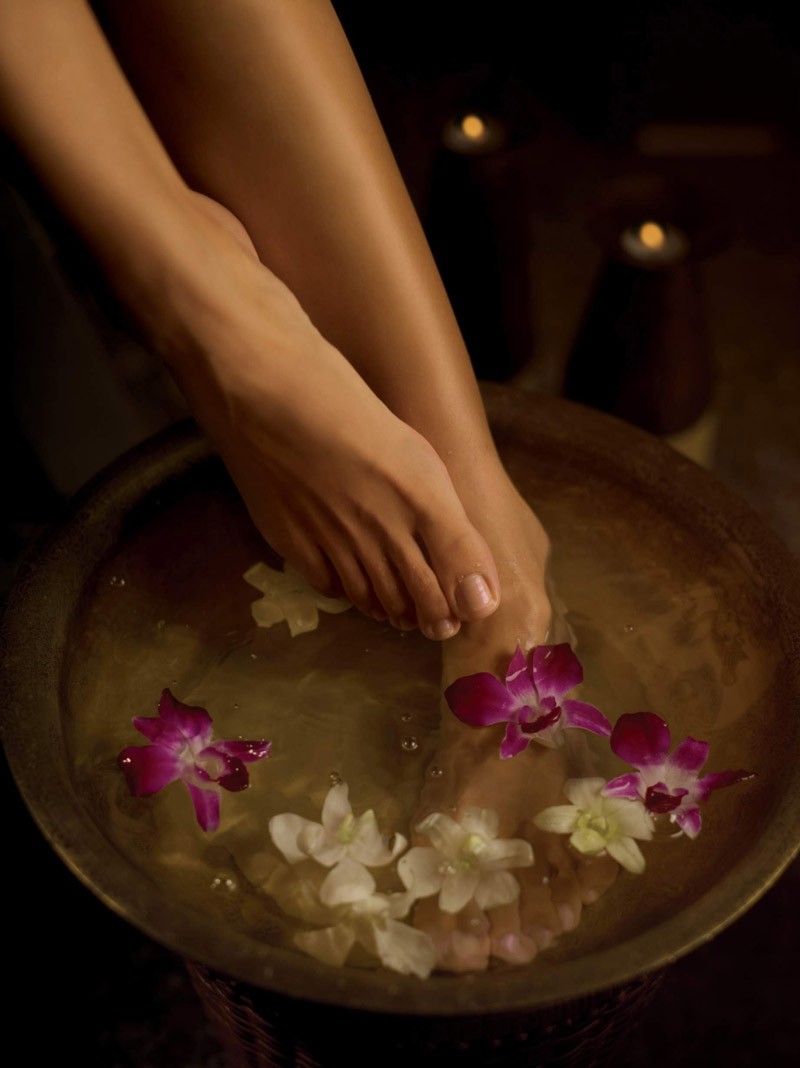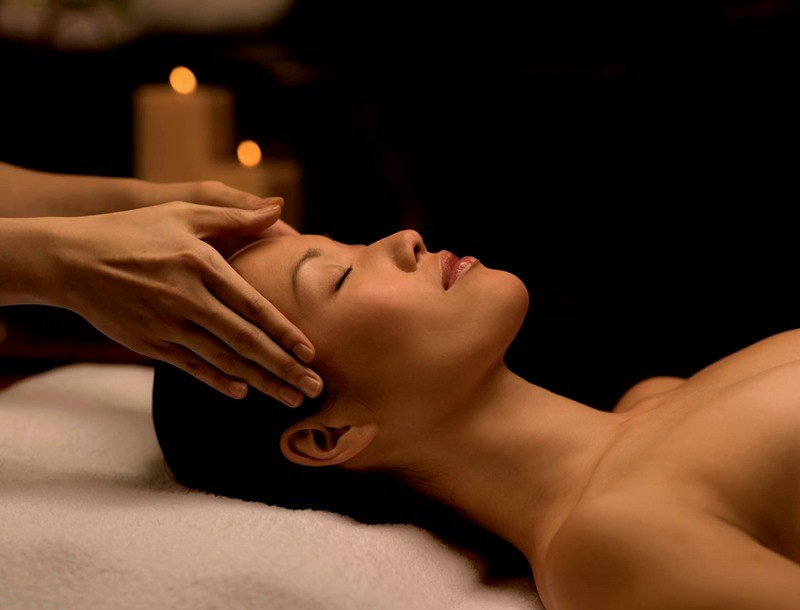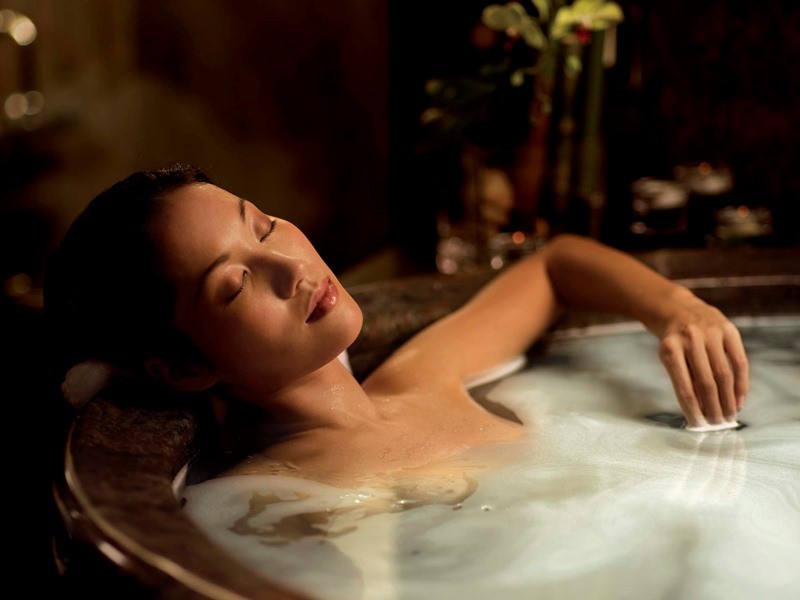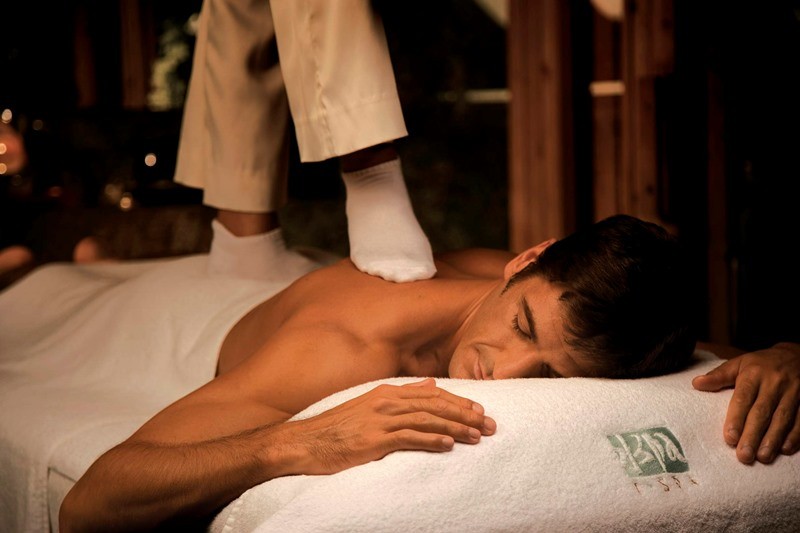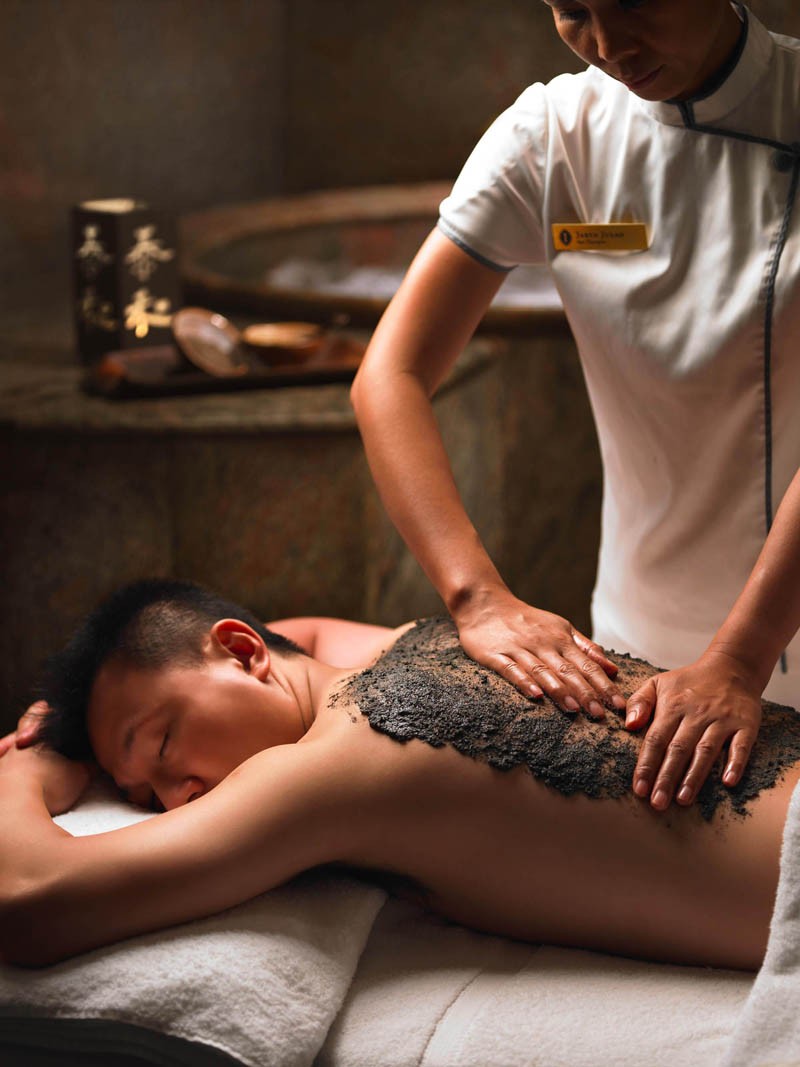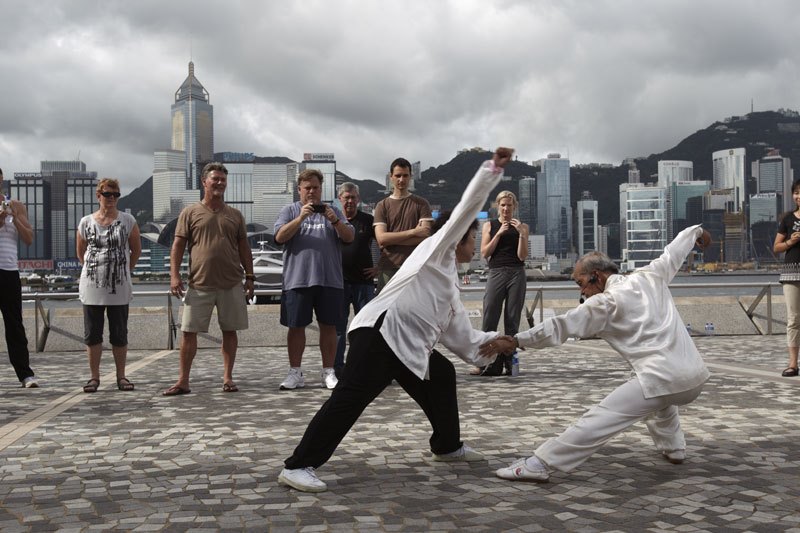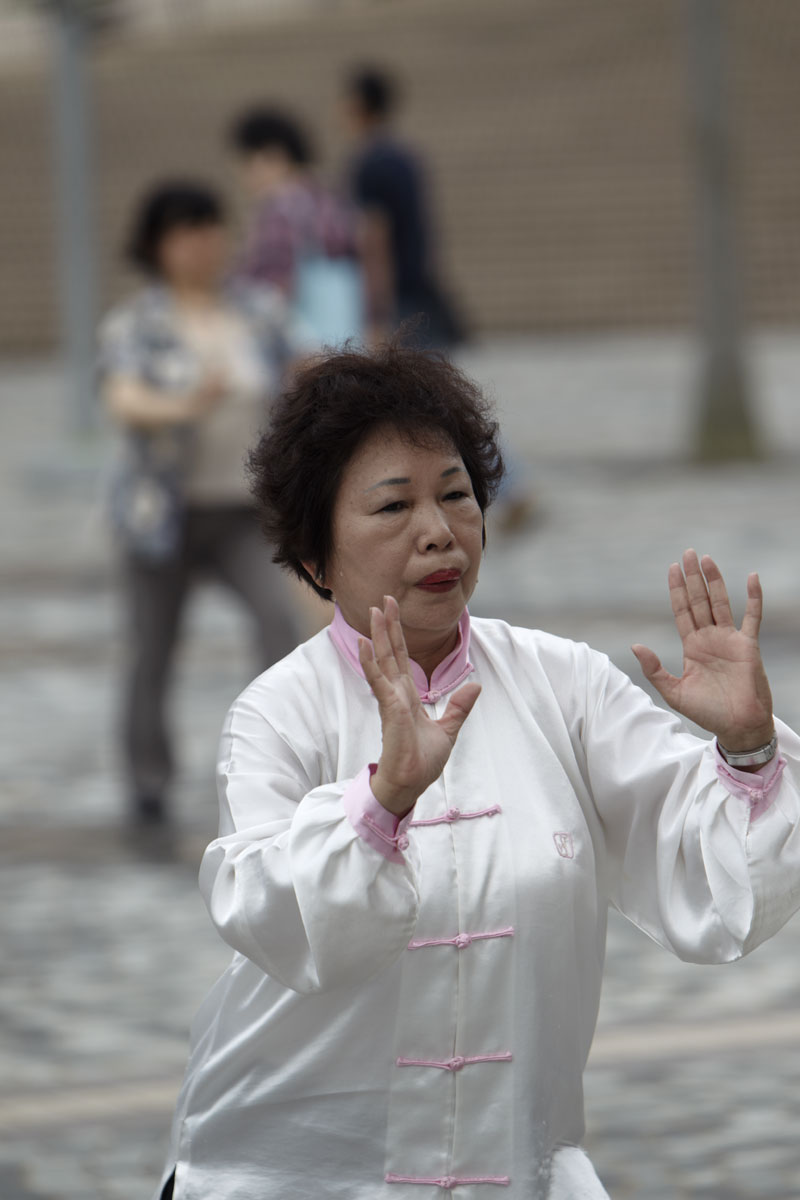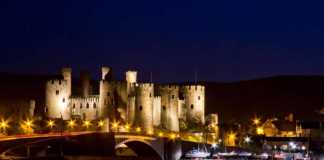Feng Shui permeates every corner in this top Hong Kong spa.
I’m soaking in a bubbling Jacuzzi tub, sipping on Japanese Green tea, while locked away in a private green granite spa suite. My therapist, Mei, had programmed the Jacuzzi for 30 minutes of jet-induced relaxation, after which she promised to come back to provide me with mysterious-sounding oriental ministrations.
My spa suite is known as the Wu Qu (prosperity) Suite and is part of a design created by Feng Shui Master Jackie Chan (no relation to the Hollywood kung fu star).
Located at Hong Kong’s InterContinental Hotel, I-Spa promotes itself as Hong Kong’s first Feng Shui-inspired spa, a title that might be somewhat surprising as Feng Shui has been practised widely in Hong Kong for almost 4000 years, just not in the spas.
Nevertheless, a little more prosperity flowing into my life wouldn’t go astray and I’m eager to pick the brains of the master.
Feng Shui is employed to improve health, wealth, career and relationships. It aims at arranging physical space in such a way that it achieves the perfect balance between the yin and the yang, the five basic elements of water, wood, fire, earth and metal, as well as the 12 signs of the Chinese calendar. The end result is a harmonious environment with free-flowing energy.
When Master Chan first laid eyes on the Prosperity Suite, he was appalled by its lack of symmetry. A red carpet was placed at the entrance and red candles added to enhance the “fire” elements.
The back of the door was painted gold and decorated with a small chime to draw Qi (positive life energy) into the suite. The furniture was re-arranged so that guests were forced to enter on the right side.
While the other suites are all decorated in the same green granite, each has subtle differences that enhance the Qi in the individual locations. One suite has white orchids and white candles, while another has a white carpet at its entrance.
A traditional Chinese fish bowl with four gold fish is strategically placed at the entrance to the spa itself, in order to enhance harmony. The brightly lit entrance enhances the Qi, as does the glitzy metallic Asian painting that hangs behind the reception desk.
Long tables in the corridor are painted black to arouse ideas and wisdom, while a metal sculpture consisting of three Chinese calligraphy characters translates to “wishing you smiles and happiness”.
At this moment I’m feeling pretty smiley and happy as I relax on the massage table. Mei has returned to tell be about my Tui Na massage, an ancient Chinese bodywork therapy that is thousands of years old. Tui Na dates back to China’s Shang Dynasty (1700 BC) where the treatment was used to cure digestive complaints.
The practice flourished throughout China until the last imperial Chinese dynasty, the Qing Dynasty, was overthrown and along with it a number of Chinese cultural practices. These days, Tui Na is recognised as a major therapy in China.
Mei gets to work with a firm all-over body massage, followed by a series of pulling and stretching of my limbs.
Her strong fingers search for vital points along my meridians and she applies acupressure techniques that have the Qi coursing through my body.
Using the bar attached to the ceiling, she ends the session with a confident walk along my back. It’s an invigorating treatment!
I-Spa specialises in Chinese therapies. Besides Tui Na, there’s a Chinese herbal wrap that uses ancient Chinese herbs to improve the flow of Qi, the luscious almond and soya scrub is perfect for dry skin while their rich honey and ginger wrap sounds good enough to eat.
When in Hong Kong, an early morning Tai Chi lesson is a must-do, more so if the location of the lesson provides one of the world’s best harbour views.
It’s surreal to watch Tai Chi master, William Ng, execute fluid movements that have been practiced for thousands of years against the backdrop of gleaming skyscrapers, ships, ferries and junks.
After a firm Tui Na massage and a Tai Chi lesson, lying back in one of the three infinity pools and gazing at Victoria Harbour is my idea of bliss.
Discover Hong Kong
Spa
A Tui Na massage costs $130 for one hour, Chinese wraps start from $110. 30 minutes in a private spa suite equipped with sauna, steam, shower and Jacuzzi costs $25.
I-Spa at InterContinental Hong Kong (18 Salisbury Road, Kowloon, tel: +852 2721 1211, email: hongkong@interconti.com).
Accommodation
InterContinental Hong Kong offers 495 guest rooms, including 92 harbour-view suites. Services include a 24-hour butler service and around-the-clock Concierge service.
Plan Your Trip
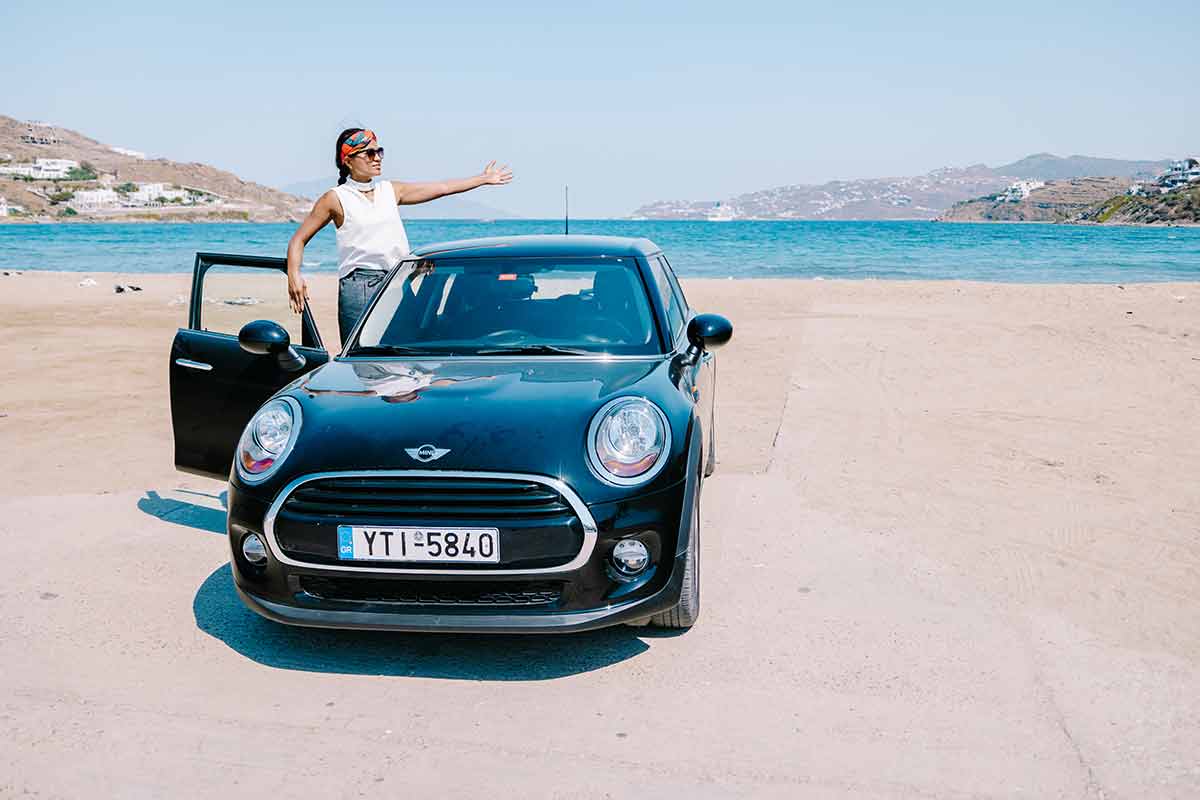
Rent A Car – Find the best car rental rates at Discover Cars. They compare car hire companies to provide you with the best deal right now.
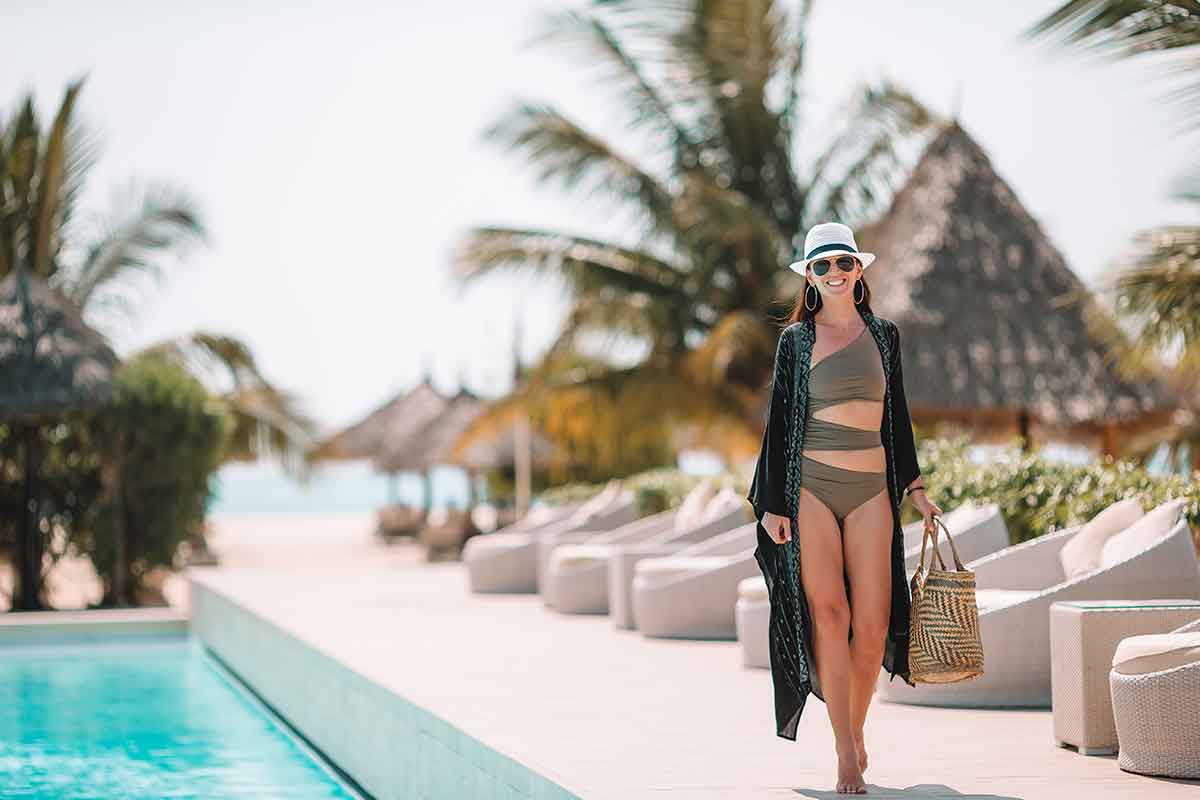
Find A Hotel – If you’re curious about this article and are looking for somewhere to stay, take a look at these amazing hotels.
